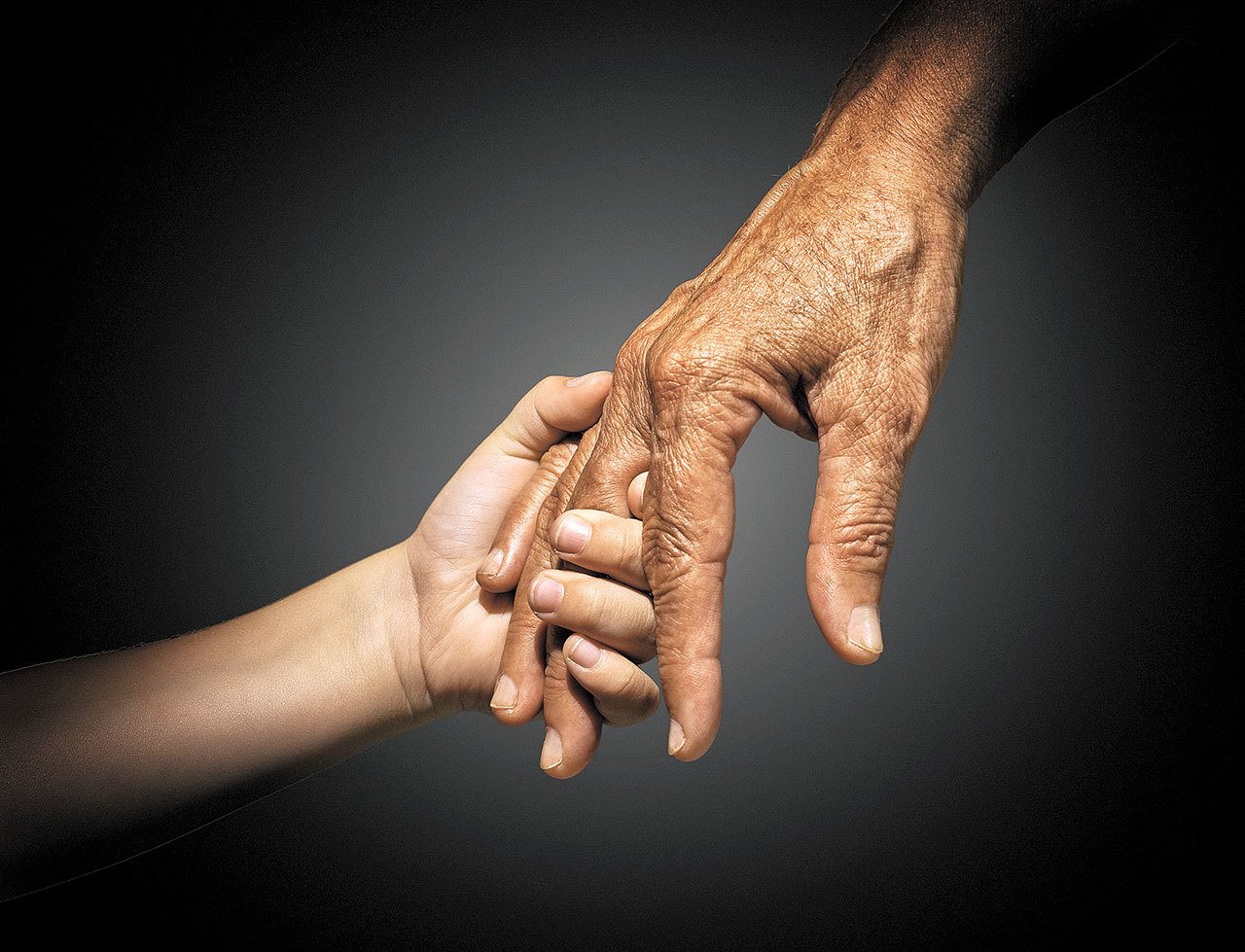By Paul Schoenfeld
The Everett Clinic
On my way to the airport, the van driver told me about taking care of his mom during the last years of her life. She was in her early 90’s when she moved in with him. She passed away at 96, living far longer than he imagined—“I think that living with me, and close to family, gave her something to live for.”
He had no regrets.
Last week, I had my weekly lunch with my friend Tracy and his 96-year-old mom. She lived in Florida, and when she was 91, she started telling her daughter-in-law she was “ready to come home to the lord.” She rarely left her house even to go out to dinner with visiting family. Her memory had significantly declined.
Tracy and Patti scooped her up and brought her home. She thought that she was coming for a short visit. This month she’s been visiting for five years!
At first she regularly talked about going back to Florida. But she is surrounded by grandchildren and great-grandchildren who live nearby. Her son and daughter-in-law have made her feel comfortable and useful. Now Dixie loves to go out for meals with her family and “helps” take care of her eight great-grandchildren. Her memory continues to decline, but she is happy and content.
Tracy wondered why his mom was so withdrawn in Florida and is now so different.
In Florida, with no family, unable to drive, and few living friends, she displayed many of the symptoms of depression — sadness, thoughts of death, withdrawn behavior and loss of interest in pleasurable activities. Sadly, this is the fate of many of our elders.
Our adult population is growing older — much older. The fastest growing age group is those 85 and older. And not everyone is in great shape, either physically, emotionally or cognitively. Modern medicine can keep us alive even if we are frail and sick. It’s also easy for 90-plus year olds to outlive their aging brains.
These facts challenge adult children, medical providers and resources for the aging.
Most of our elders didn’t anticipate living so long! Many of their parents died from illnesses that are treatable today. Many of these aged adults didn’t squirrel away enough money to last into their mid-90s much less pay for help or assisted living.
Fortunately, in their day, pensions were a more common benefit. They won’t be for today’s middle aged adults.
Modern families struggle to help these elders. They are fiercely independent and not always realistic about what they can do safely. I remember when my mother, in her late 80s, called me in tears. She had missed her plane because she didn’t realize that she needed more time to get ready. She realized that she was too old to travel by herself. It was a bitter pill.
So what can today’s families do?
Talk to your parents about their older adulthood. Start these conversations when they are younger. Learn about their concerns, their expectations, and what plans they may consider. Help them think ahead and be realistic
It is better to move closer to your children before it is late in the game.
Learn about resources in the community. Look into senior care programs and services. Research possible living situations and what they are entail.
Be realistic about what you can do. This is very important. My friend Tracy and his wife have a big house with lots of room and children and friends that are helpful. They are also both retired. But everyone’s circumstances are different.
Many families simply have less resources — in terms of time, money or both. They may also have their own challenges with their children. It’s not possible to be everything to everyone.
And don’t forget: It’s equally important to take care of yourself.
Dr. Paul Schoenfeld is director of The Everett Clinic’s Center for Behavioral Health. His Family Talk Blog can be found at www.everettclinic.com/family-talk-blog.
Talk to us
> Give us your news tips.
> Send us a letter to the editor.
> More Herald contact information.

























